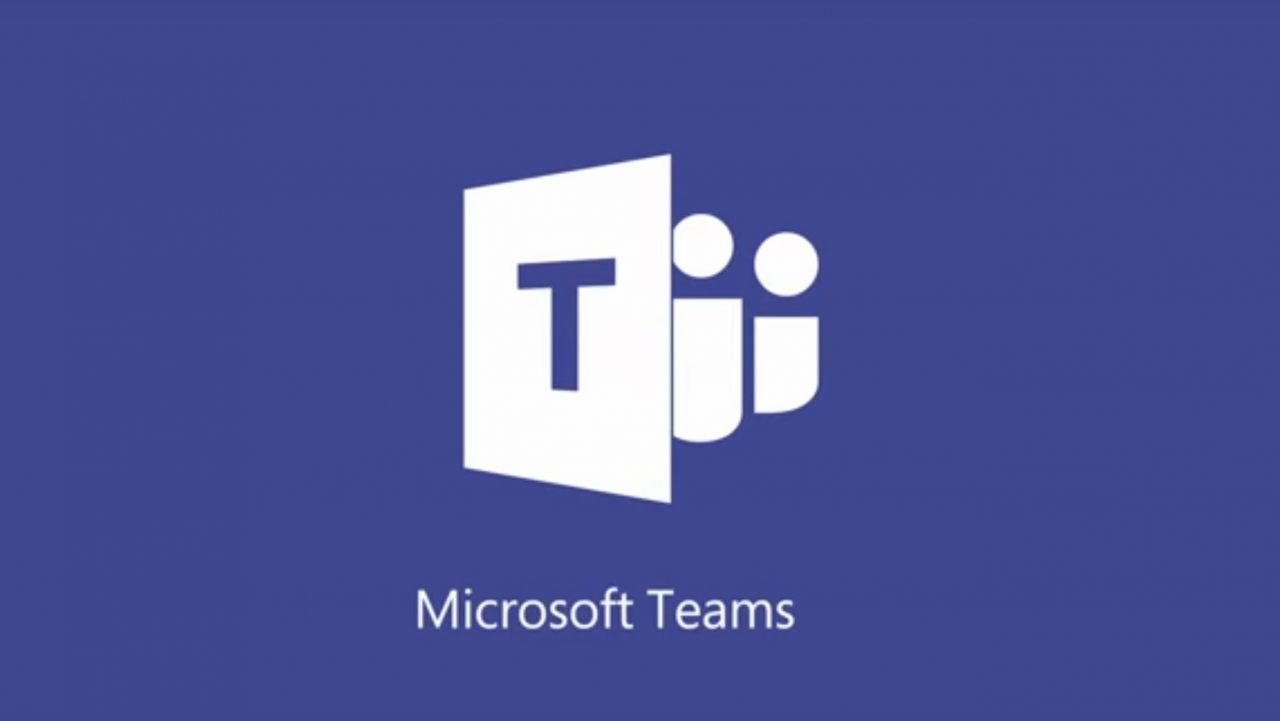Microsoft Teams Went Down, But it’s Not Out
Earlier this week, Microsoft Teams took the US federal holiday off by not working on Monday. What actually happened is that the communication platform was inaccessible for a couple hours which always drums up the same comments: the cloud means you have lost control.
Specifically, with this outage, users were unable to access the platform for several hours Monday morning. Microsoft resolved the issue by saying that they “rerouted traffic to healthy infrastructure” and all is good again, for now.
Even though this creates a significant challenge for many organizations, the truth is that Office 365 will almost guarantee better availability when looked at across an entire year than what most small and midsize organizations are able to provide. Further, Teams largest competitor, Slack, has had more frequent issues than Teams has experienced since its inception more than two years ago.
But any type of outage, especially with Microsoft’s flagship SaaS (software as a service) platform, is a serious concern for the company because the number one thing the company actually sells is trust. Trust that online services will meet their SLAs, trust that your company’s data is safe, and trust that when an outage occurs, that they will learn from it and reduce the probability of it happening again. And more importantly, the trust that if your business needs Microsoft’s cloud, it will be available.
With Microsoft expecting its cloud service and revenue to continue to grow, the company has a significant and vested interest in making sure that these outages are few and far between. The company can’t afford to be known as the ‘occasional cloud’ and while I don’t expect them to fall from their perch, with each outage, the scrutiny grows louder.




